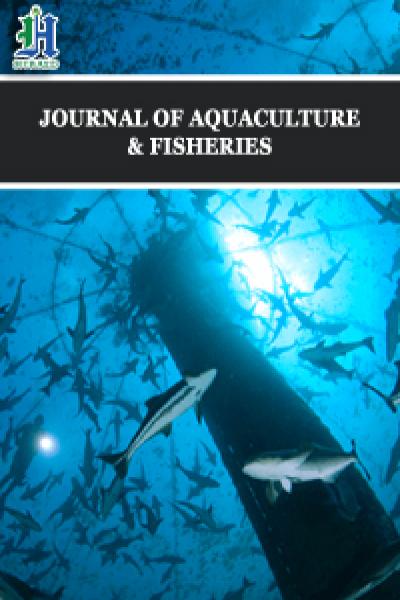
Aquatic Physiology
Aquatic physiology is a vital field of study that explores the functional processes of aquatic organisms, particularly in relation to their environmental interactions. This discipline examines how fish and other aquatic species regulate respiration, osmoregulation, metabolism, and stress responses in diverse aquatic ecosystems. Understanding these physiological mechanisms is essential for improving aquaculture practices, enhancing species health, and developing sustainable fisheries. Recent advancements in aquatic physiology have provided insights into how environmental factors such as temperature, salinity, and pollutants affect organismal performance and survival. These findings are instrumental in optimizing aquaculture systems by informing breeding strategies, health management, and water quality control.
Additionally, research in this area supports conservation efforts by identifying physiological thresholds that predict species resilience to climate change and habitat degradation. As global demand for aquatic resources grows, aquatic physiology continues to play a crucial role in advancing the efficiency and sustainability of aquatic food production. The Journal of Aquaculture & Fisheries encourages the submission of original research and reviews in this field, aiming to foster knowledge exchange and innovation across academia and industry.

